Davide Imola
Securing secrets in the GitOps Era
#1about 8 minutes
Understanding the fundamentals and benefits of GitOps
GitOps uses a Git repository as the single source of truth for declaratively managing infrastructure and application deployments.
#2about 5 minutes
The security risk of storing secrets in Git
Storing Kubernetes secrets directly in a Git repository is insecure because the values are only Base64 encoded, not truly encrypted.
#3about 15 minutes
Encrypting secrets in Git with Sealed Secrets
Sealed Secrets is a Kubernetes operator that uses public-key cryptography to safely encrypt secrets before they are stored in a Git repository.
#4about 3 minutes
Evaluating the pros and cons of Sealed Secrets
While Sealed Secrets are easy to configure and integrate with GitOps, they can be cumbersome for frequent value changes and history retrieval.
#5about 7 minutes
Managing secrets with external secret managers
External secret managers like HashiCorp Vault or cloud provider solutions offer centralized control, web UIs, and easier secret rotation.
#6about 2 minutes
Integrating external secret managers into Kubernetes
Applications can access secrets from external managers by using provider-specific SDKs or by using a Secret Store CSI driver to sync them as native Kubernetes secrets.
#7about 18 minutes
Q&A on GitOps secret management practices
The speaker answers audience questions on topics including key management strategies, multi-tenancy, secure transmission, and CI/CD pipeline integration.
Related jobs
Jobs that call for the skills explored in this talk.
ROSEN Technology and Research Center GmbH
Osnabrück, Germany
Senior
TypeScript
React
+3
VECTOR Informatik
Stuttgart, Germany
Senior
Kubernetes
Terraform
+1
Power Plus Communications
Mannheim, Germany
Intermediate
Senior
Docker
Kubernetes
+1
Matching moments

07:30 MIN
Using Sealed Secrets to safely store secrets in Git
Securing Secrets in the GitOps era

04:08 MIN
The risk of exposing credentials in Git repositories
Securing Secrets in the GitOps era

05:19 MIN
Q&A: GitOps, CI tools, and security management
GitOps: The past, present and future
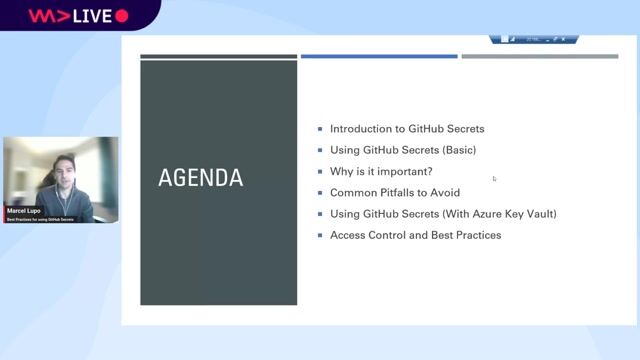
02:13 MIN
Understanding the fundamentals of GitHub Secrets
Best Practices for Using GitHub Secrets
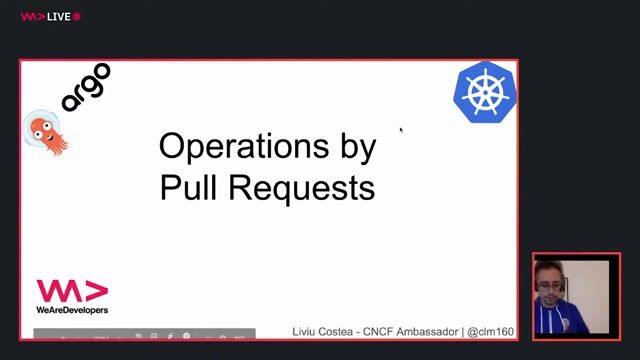
03:33 MIN
Introduction to GitOps and the talk agenda
Get ready for operations by pull requests

02:32 MIN
Securing workflows with secrets and best practices
CI/CD with Github Actions

03:42 MIN
Securely handing over credentials and application secrets
SRE Methods In an Agency Environment

02:45 MIN
Key takeaways for securing your application pipeline
Securing Your Web Application Pipeline From Intruders
Featured Partners
Related Videos
 58:57
58:57Securing Secrets in the GitOps era
Alex Soto
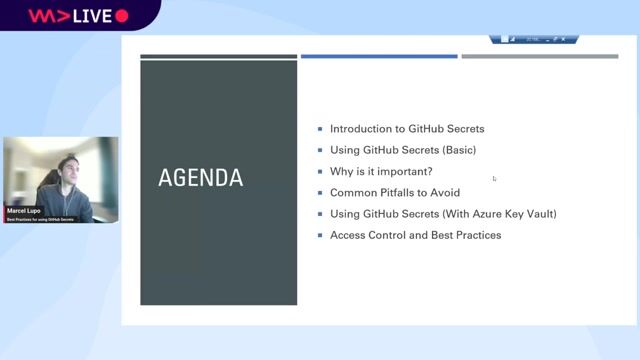 36:33
36:33Best Practices for Using GitHub Secrets
Marcel Lupo
 30:07
30:07External Secrets Operator: the secrets management toolbox for self-sufficient teams
Moritz Johner
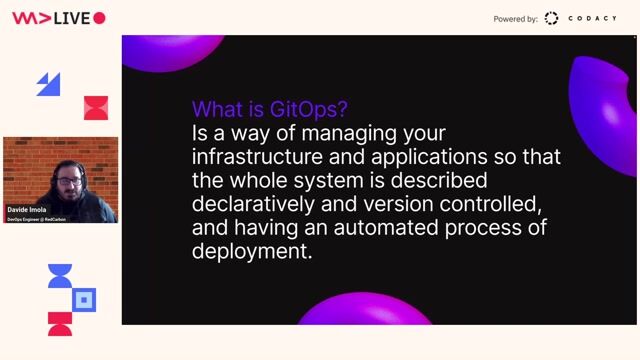 58:44
58:44How to GitOps your cluster with Flux
Davide Imola
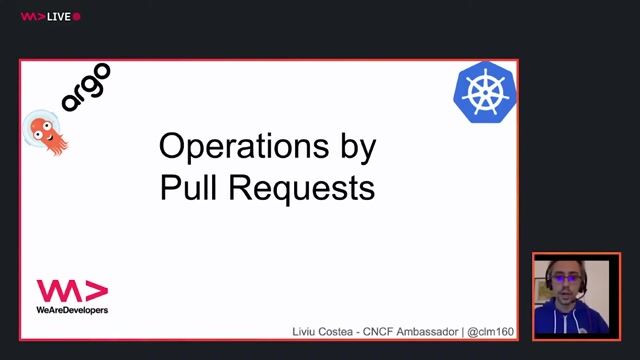 50:02
50:02Get ready for operations by pull requests
Liviu Costea
 25:24
25:24Integrating backups into your GitOps Pipeline
Florian Trieloff
 47:42
47:42GitOps: The past, present and future
Roberth Strand
 42:25
42:25A practical guide to writing secure Dockerfiles
Madhu Akula
Related Articles
View all articles



From learning to earning
Jobs that call for the skills explored in this talk.

Seidor Gesein
Remote
€104K
DevOps
Terraform
Agile Methodologies






NatWest Group
Manchester, United Kingdom
DevOps
Gitlab
Grafana
Terraform
Kubernetes
+2

NatWest Group
Edinburgh, United Kingdom
DevOps
Gitlab
Grafana
Terraform
Kubernetes
+2

G DATA CyberDefense AG
Bochum, Germany
DevOps
Kubernetes
Continuous Integration